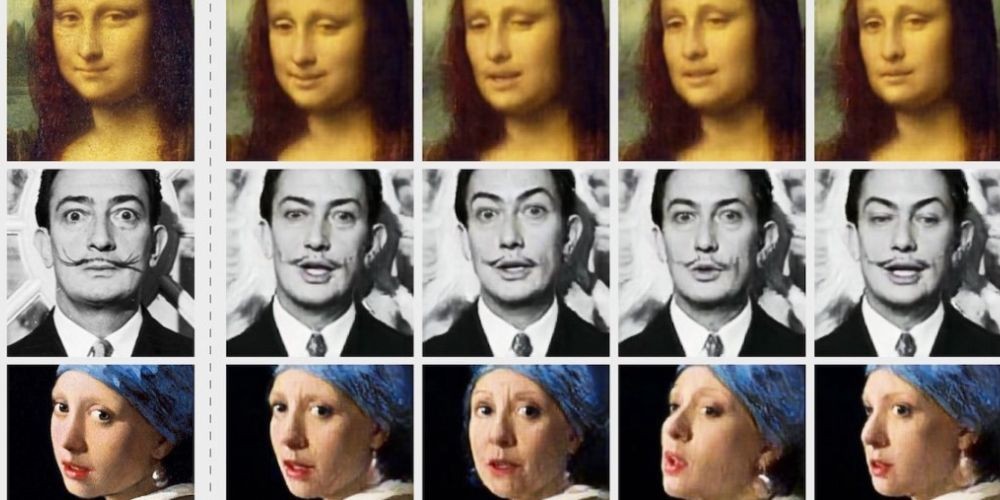In the digital epoch where generative AI dazzles and perturbs in equal measure, a landmark consensus among tech moguls spotlights an epoch-making commitment to safeguarding democracy. Recent advancements in AI-generated videos have sparked a dialog on the fine line between innovation and manipulation. These convincing synthetic creations hold the potential to skew public opinion and influence societal pillars such as electoral processes. Addressing these pressing concerns, major players in the tech space convened at the Munich Security Conference to solidify a pact against AI-induced electoral disruption.
The "Tech Accord to Combat Deceptive Use of AI in 2024 Elections" becomes a beacon of preemptive action in a year anticipated to be teeming with democratic activity. More than 40 nations are gearing up for elections, with over four billion individuals poised to exercise their right to vote. The implications of AI on these events are twofold—while AI can enhance democratic engagements, its susceptibility to misuse posits a real threat to the integrity of elections. The accord symbolizes a collective resolve from entities including Google, Meta, Microsoft, OpenAI, X, and TikTok. They have agreed, in principle, to enforce "reasonable precautions" to thwart the nefarious use of AI tools designed to fabricate truths and stir chaos.
The agreement outlines seven cardinal elements centered around collaboration, information sharing, and best practices dissemination, fostering an environment where collective resources can stem the tide of deceptive AI content. It also champions the diversification of engagement, inviting civil society organizations and academics into the conversation. This holistic approach hopes to build a robust barricade against AI-generated disinformation, shaping an informed global response to the emergent threat landscape.
Although the pact signifies a massive stride towards ensuring the sanctity of future elections, critics note its non-binding nature, which might need to be revised in its effectiveness. There are no explicit enforcement mechanisms or repercussions for non-compliance. This raises questions about the tangible impact of such an accord in practice, relying heavily on the goodwill and ethical capacities of these technology behemoths to translate promises into action.
As we stand on the brink of what could be the most tech-infused electoral season in history, the tech industry's pledge to combat the deceptive capabilities of AI marks a critical juncture. The accord may not have concrete enforcement clout, but it seeds the possibility of a world where democracy and digital innovation coexist without compromising the foundational truths upon which societies are built. The ultimate success of this undertaking will depend on the vigilant and proactive efforts of these tech titans as the world witnesses how this alliance will manifest in the face of AI's potential to disrupt or enhance our democratic way of life.

Leave a comment
Your comment is awaiting moderation. We save your draft here
0 Comments